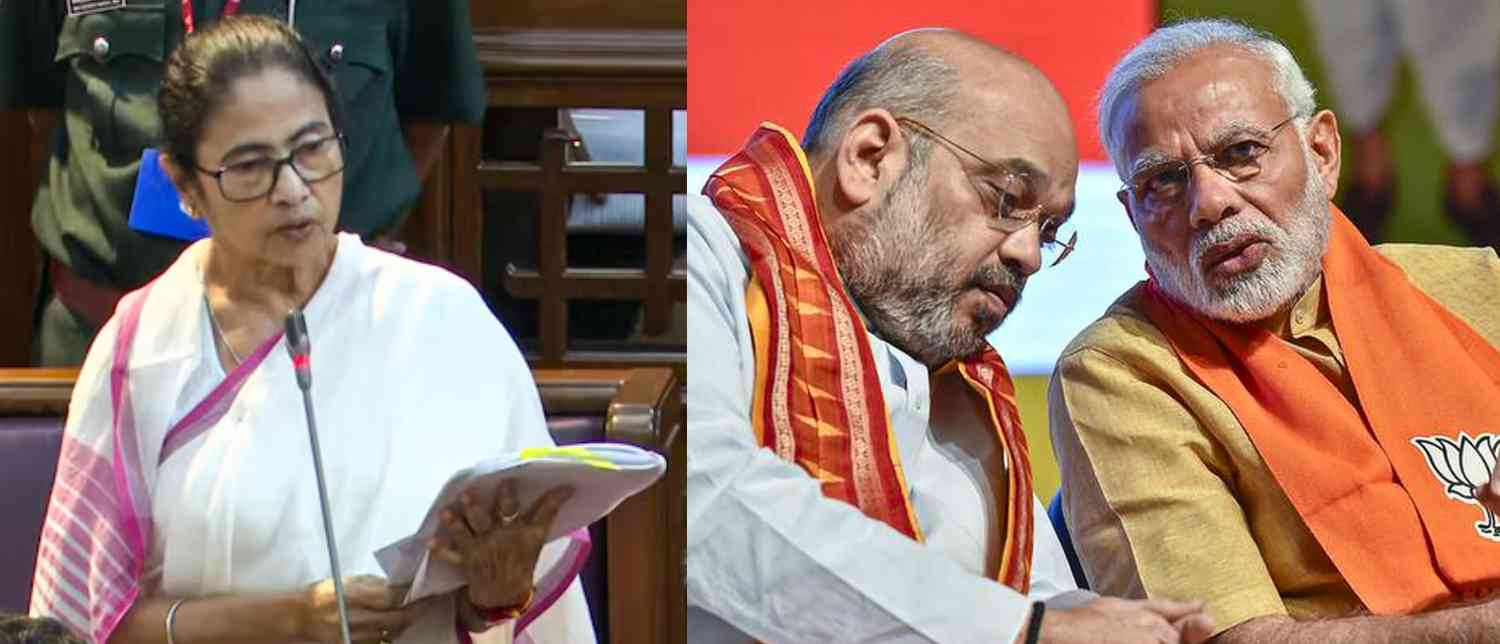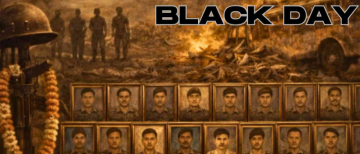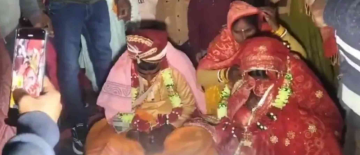In a recent session of the West Bengal Assembly, Chief Minister Mamata Banerjee sparked a major uproar by verbally attacking Prime Minister Narendra Modi and Union Home Minister Amit Shah, calling them “thieves” amid rising political tensions between her party, the Trinamool Congress (TMC), and the Bharatiya Janata Party (BJP). This fiery exchange has brought the spotlight back on the deep political divide in the state and the intensifying rivalry at both the state and national levels.
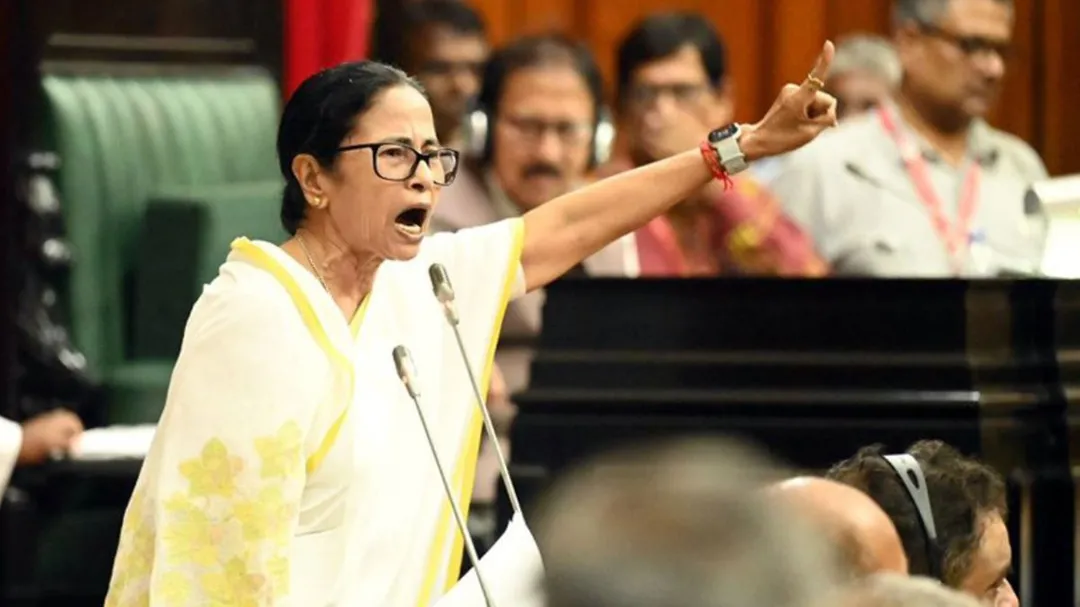
The chaotic scene began when BJP MLA and chief whip Dr. Sankar Ghosh was suspended and subsequently resisted eviction, leading BJP legislators to occupy the assembly floor chanting slogans like “Jai Shri Ram.” In response, Mamata Banerjee accused the BJP and its leaders of corruption, labeling them as the “biggest dacoit party” and “vote thieves.” She warned that the BJP would soon be “wiped out” of the West Bengal Assembly, framing the BJP as anti-Bengal and accusing the central government of deliberately blocking discussions on the harassment of Bengali migrant workers in BJP-ruled states.
Mamata’s outburst is not new in the ongoing political tussle. Earlier, PM Modi had publicly accused the TMC of corruption and claimed that central funds sent to the state were being misused. In rebuttal, Banerjee called Modi’s remarks an insult to West Bengal and its people, asserting that the state government had answered all inquiries regarding fund utilization, yet the central government withheld funds as a punitive measure. She also accused Modi of ignoring corruption in BJP-ruled states like Uttar Pradesh, Maharashtra, and Bihar while unfairly targeting West Bengal.

The political clash reveals a broader struggle over governance narratives and federal relations. The confrontation spotlights how regional and central governments in India sometimes engage in bitter public disputes, often framing each other as corrupt or anti-people to sway public opinion ahead of elections. Supporters on both sides fiercely defend their leaders, and the language used in assemblies is frequently charged and personal, reflecting deep-seated distrust.
These events illustrate the challenges India’s federal system faces, where political loyalties at the state and central levels can complicate cooperation on development and welfare. The side-lining of conversations about actual issues like migrant worker safety hints at how political conflicts can overwhelm pressing social matters. It underscores the importance of better dialogue and respect in democratic institutions to enable governments to work toward their citizens’ welfare.
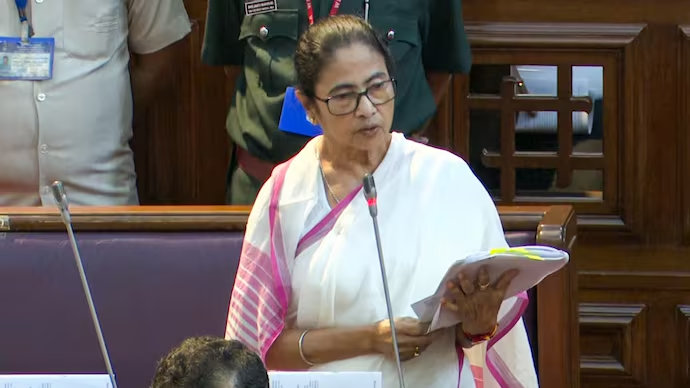
In sum, the West Bengal Assembly uproar is a vivid example of escalating political rhetoric that veers from policy discussions to personal attacks. While fiery words are not unusual in Indian politics, the focus on accusations of theft and corruption between Mamata Banerjee and Narendra Modi highlights the intensity of electoral battles and the polarized state of current Indian politics. Finding common ground or cooling down the rhetoric could help shift attention back to governance and development issues vital to the people of West Bengal and India as a whole.
With inputs from agencies
Image Source: Multiple agencies
© Copyright 2025. All Rights Reserved. Powered by Vygr Media.

